Lawmakers voted overwhelmingly to re-elect the 71-year-old last week after a May 29 general election produced no outright winner for the first time in three decades.
The South African leader said: “The formation of a government of national unity is a moment of profound significance. It is the beginning of a new era.
“The voters of South Africa did not give any single party the full mandate to govern our country alone.
“They have directed us to work together to address their plight and realize their aspirations.”
Ramaphosa is expected to announce his cabinet in the coming days, as talks with coalition members continue.
Numerous heads of state, including Nigerian President Bola Ahmed Tinubu, Angola’s Joao Lourenco, Congo Brazzaville’s Denis Sassou Nguesso, former Nigerian President Olusegun Obasanjo, and Eswatini’s absolute leader, King Mswati III, attended the inauguration.
After Ramaphosa was sworn in, a band played the national anthem, followed by a 21-gun salute and a fly past by the air force.
It was the third time Ramaphosa had taken the oath.
The former trade unionist turned millionaire businessman first came to power in 2018 after his predecessor and rival Jacob Zuma was forced out before the end of his term under a cloud of corruption allegations.
2019 saw the re-appointment of Ramaphosa for a full five-year term. In South Africa, voters elect the parliament, which then votes for the president.
Ramaphosa promised a new dawn for South Africa, launched an anti-graft drive, and started to reform a collapsing energy system.
But under his watch, the economy languished, blighted by power cuts; crime remained rife; and unemployment increased to 32.9 percent.
In May, he led the ANC into yet another election, but the historic party of the late Nelson Mandela emerged with bruises.
It won only 40 percent—down from 57.5 percent five years earlier.














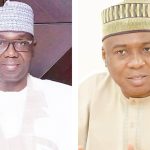




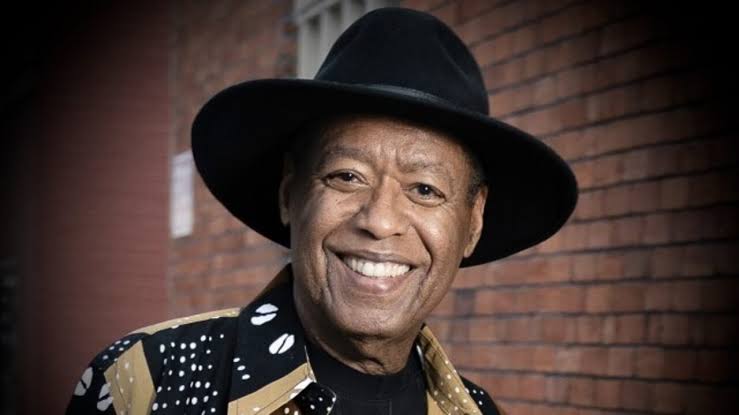
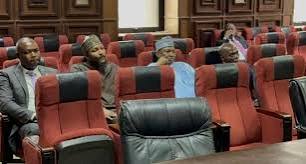












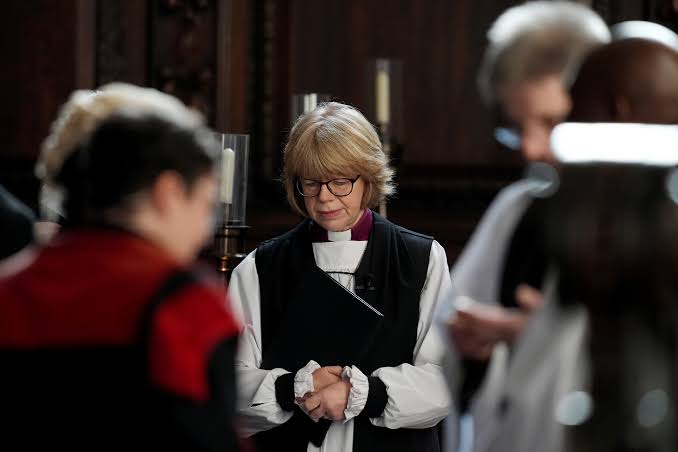
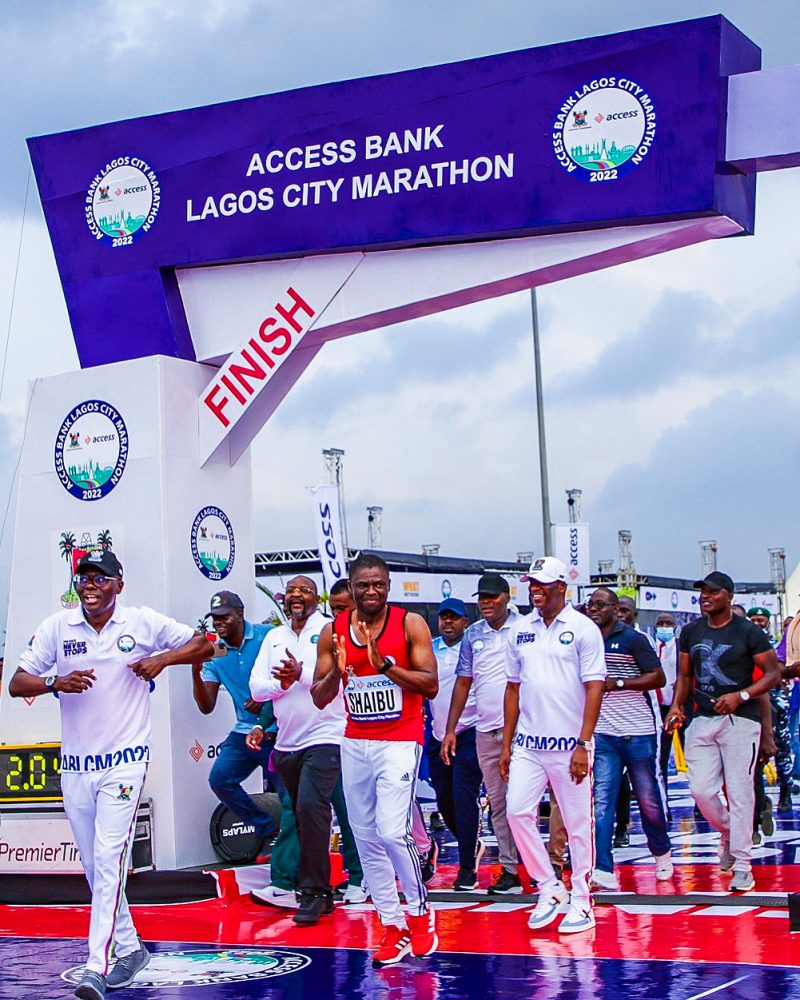

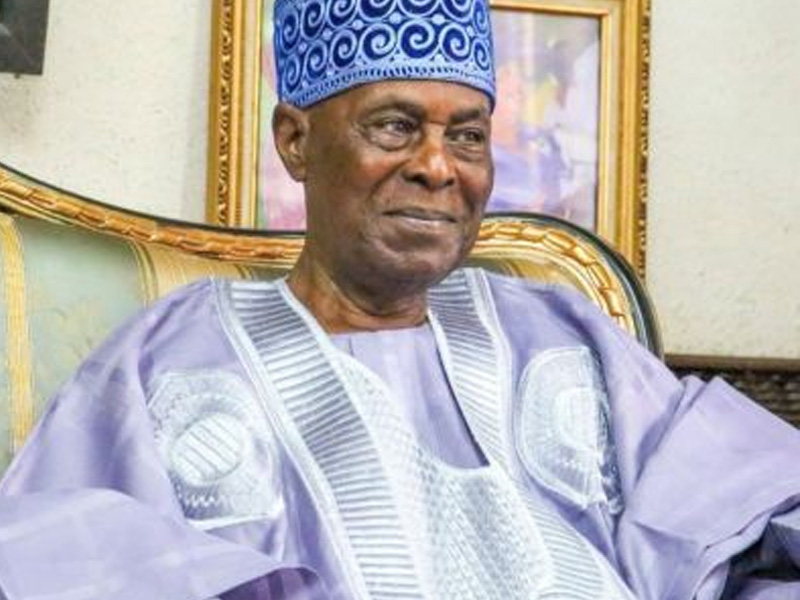
Leave a comment